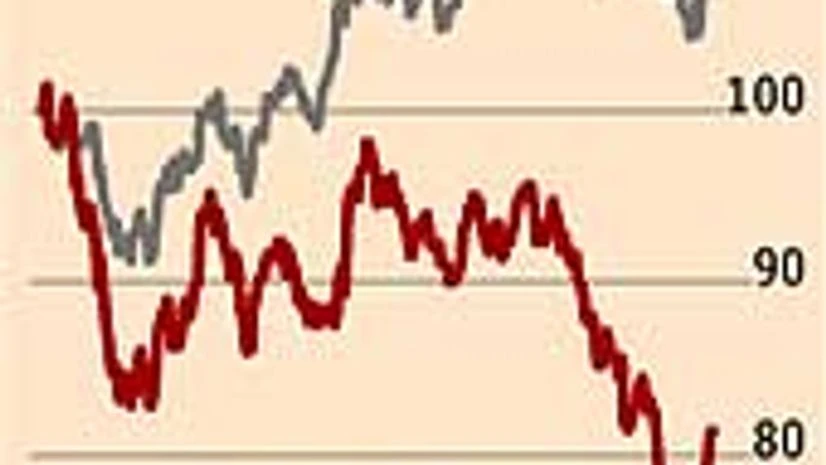The Cabinet Committee on Economic Affairs (CCEA) has decided against coal price pooling, whereby Coal India Ltd (CIL) would have sold coal at a blended price (imported and domestic). This move will impact private power generators with 24,000 Mw in total capacity. Had the government gone ahead with the pooling, these power producers would have benefited from cheaper coal and managed to run their plants profitably.
The government had intervened to resolve the crisis faced by the power sector after CIL failed to supply coal to power generators that were to be commissioned after 2009. These producers had entered into power purchase agreements (PPAs) on the basis of the promised coal from CIL. Given that CIL is in a position to supply coal for only 65 per cent of the plant load factor (PLF), these generators will incur losses. A power plant is viable if it functions at 80 per cent PLF. The price pooling mechanism was to resolve this issue, but state electricity boards (SEBs) protested, as they did not wish to pay a higher price to benefit select private generators.
On Monday, the CCEA instead ruled in favour of a cost-plus model, similar to what the Central Electricity Regulatory Commission (CERC) had ruled in the case of Adani and Tata Power recently. The committee has divided the projects into three categories to arrive at a solution. The first category would comprise projects commissioned prior to 2009. These would get coal according to fuel supply agreements with CIL. The second category would be projects commissioned after 2009 and have entered into PPAs. These would receive 65 per cent of coal from CIL and the remaining 15 per cent on a cost plus basis. Developers would have the option to import coal themselves, too. The third category would be those which are still awaiting coal linkages or are yet to produce coal from captives. Analysts say the third category might not be able to revise PPAs, as these were bid under competitive bidding and fuel cost increase might not be passed on.
Companies like Indiabulls Power, Adani, Abhijeet Infra and Essar Power would be affected, as they have signed PPAs, which may not be viable at higher coal prices. It is widely believed that the ball is now back in the court of SEBs, which may not be willing to revise PPAs at higher prices though the CERC has agreed to it in principle. Analysts say those producers who have signed PPAs above Rs 3/unit might still be viable but those below it might find the going very difficult as little movement on tariff increase may happen in a pre-election year.

)
